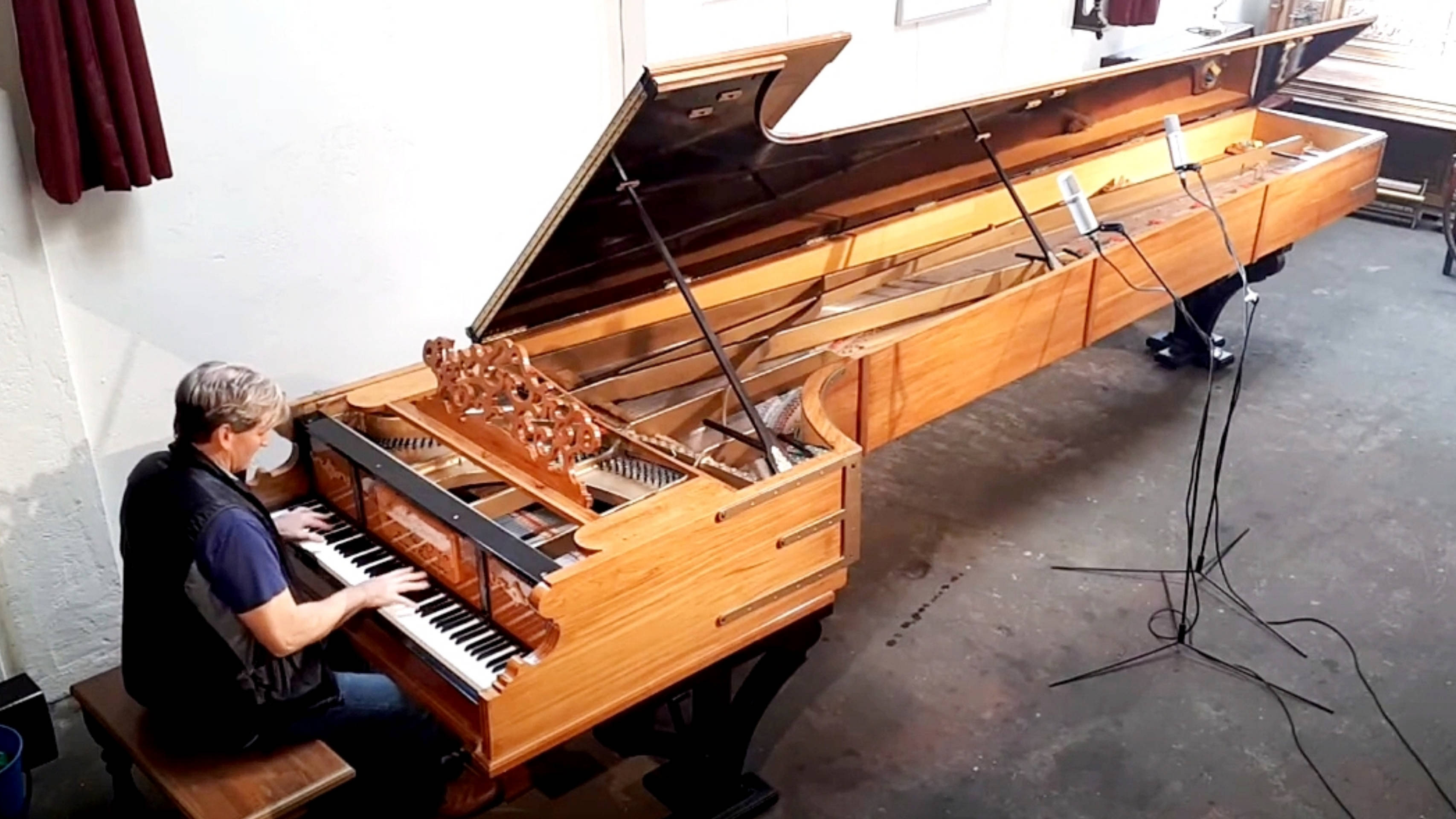On top of where you sit, it depends extremely on the venue and, if amplification is used, being hamfisted about it results in criminally horrible live performance audio. Even in the exact same venue. Plus there are artists that seem to thrive with a live audience, whereas they sound a bit flatter and less passionate in a studio environment. I don't know.
I often go to Yoshi's in Oakland. Some piano artists, like Omar Sosa -to name an example- are awesome at creating a more intimate, balanced atmosphere that sounds sublime pretty much anywhere in the room. Others -who I'd rather not name, although I like their music- cram the small stage with too many bandmates and overdrive the SPL to create what they think is "fun" and "party". It's unlistenable, honestly.
As far as classical performances go, again - it depends. Large venue with a full orchestra? Or some more intimate baroque-like, intimate setting in a church like environment? Or even just a cello and piano duo? I actually lived in Frankfurt for 7 years, and loved the Alte Oper, but then again I never sat right in front of the stage. What's interesting is the fact I did see Leonard Bernstein perform there, and the performance was recorded -Deutsche Grammophon too, who seldom do a shabby job- and that's one case where my memory beats the recording (although it is a very good one).
So all in all, like in many things audio, I think we try to find universal truths when they clearly don't exist. The thrill of a live experience is simply being there and seeing the artist and absorbing the atmosphere, and sometimes being able to exchange a few words with them. The performance and sound thereof is subject to too many factors to try to say what's better.
Personally, for pure sound quality I prefer to listen to stuff at home. There aren't annoying people around clapping or whooping at all the wrong moments, for one. There aren't drunk ladies that decide to dance in front of the stage (poorly). The bass player isn't drunk for the second show... etc etc...
Yes, the "scale" isn't the same. But all in all, I think live performances are totally overrated among audiophiles as a source of "ultimate truth". I have been to many live performances that had great atmosphere but very poor overall sound.


